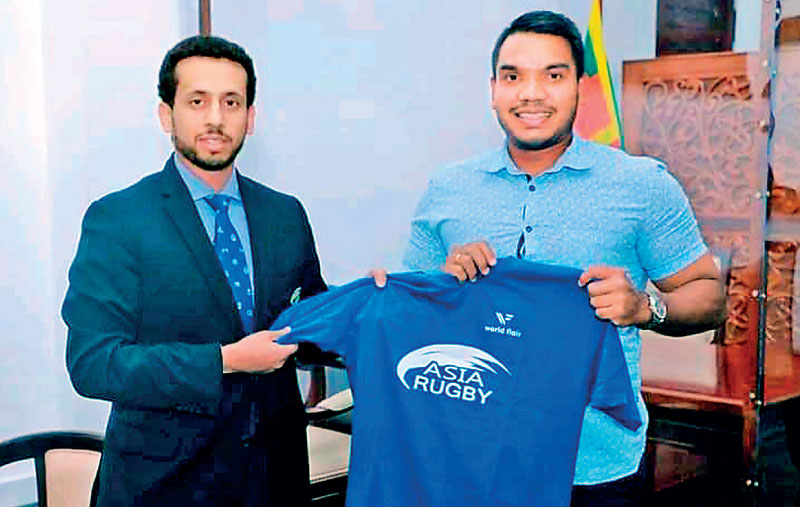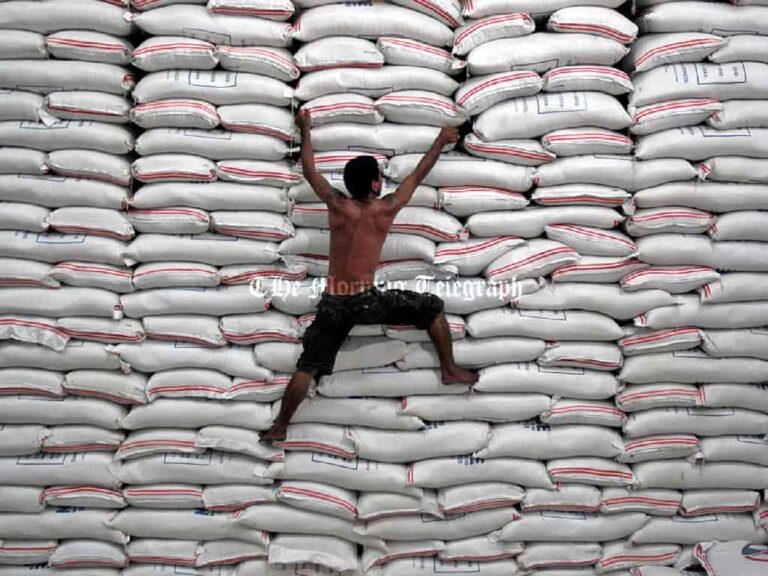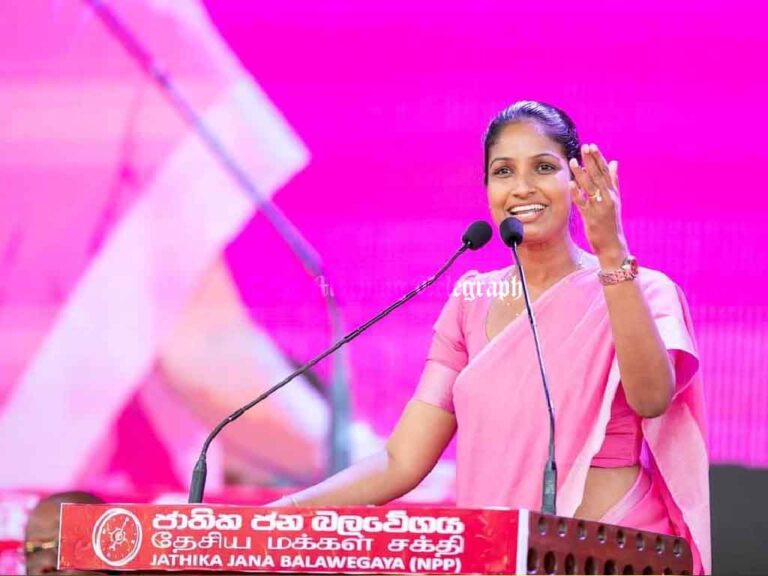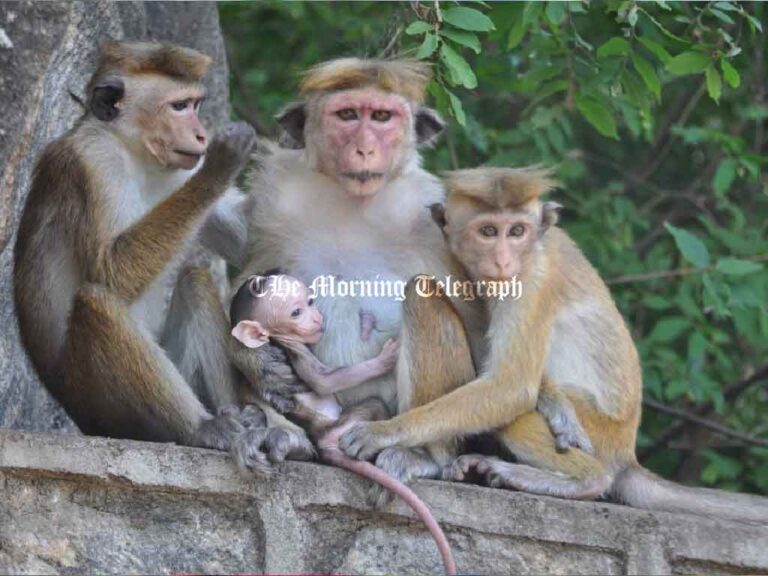
The forthcoming Asia Rugby Division 1 Tournament 2024, set to be held from April 30 to May 4 in Colombo with participating teams from Sri Lanka, Qatar, India, and Kazakhstan, is overshadowed by the controversial presence of Asia Rugby President Qais Abdallah Al Dhalai. His arrival in Sri Lanka has reignited tensions and speculation, as reported by the Daily Financial Times under the headline “Arrival of Asia Rugby President in SL stirs speculation.” This report raises concerns about Al Dhalai, who has been implicated in damaging Sri Lanka Rugby (SLR) during his ongoing tenure.
Despite official dismissals of the accusations, the shadow of Al Dhalai’s past actions during the presidency of Rizly Illyas looms large. Various former SLR officials have reiterated their concerns, highlighting the negative impact of his behavior on the organization. Al Dhalai’s tenure has been marked by allegations of undermining SLR’s reputation and excluding the team from competing at International Sevens Tournaments under the national flag, necessitating the use of the IOC flag instead. The rugby community has called for justice and accountability for those responsible for the alleged harm inflicted on Sri Lanka Rugby.
Elected as the Asia Rugby President in 2019, with a term extending until 2024, Al Dhalai has previously been accused of using his influence to coerce SLR into supporting his presidency campaign back in 2018.
The narrative of Rizly Illyas, former President of SLR, reflects a tenure fraught with challenges that tested the integrity of the sport in Sri Lanka. His leadership was consistently undermined by Al Dhalai, in collusion with influential local figures including former SLR President Asanga Seneviratne and Namal Rajapaksa, a former Minister of Sports and current Member of Parliament. This strategic maneuver aimed to hijack SLR from its democratically elected leader involved spurious charges and a campaign of harassment.
A critical episode in this saga involved a personal SMS from Illyas to Al Dhalai, which was manipulated for political gain. Al Dhalai exploited this message to issue veiled threats with severe implications for SLR’s standing in Asia Rugby, linked to what was essentially a bribe disguised as a donation for rugby development.
Efforts at reconciliation floundered when Al Dhalai failed to honor a gentlemen’s agreement to drop mutual charges, highlighting a significant breach of trust and integrity. This led to a biased investigation by Asia Rugby, criticized by Illyas for its lack of fairness and transparency, which further damaged his and SLR’s reputation.
Unconfirmed reports suggest that upon his next arrival in Sri Lanka, Al Dhalai could be intercepted and questioned by officials due to a complaint filed over the damage he allegedly caused to SLR during Illyas’ tenure as president. Additionally, it is reliably understood that legal actions might be taken, potentially extending beyond Sri Lanka into other Asian countries with more favorable legal frameworks for pursuing justice.
Though no longer active in rugby administration, Illyas remains a vocal advocate for the sport of rugby that he loves, emphasizing the need for accountability, transparency, and integrity in sports governance.
His call for systemic change is a plea to shield SLR, the sport, and its stewards from corrupt practices. It emphasizes the continuous effort to uphold the core values of rugby, facing leadership challenges with integrity, transparency, and accountability.




